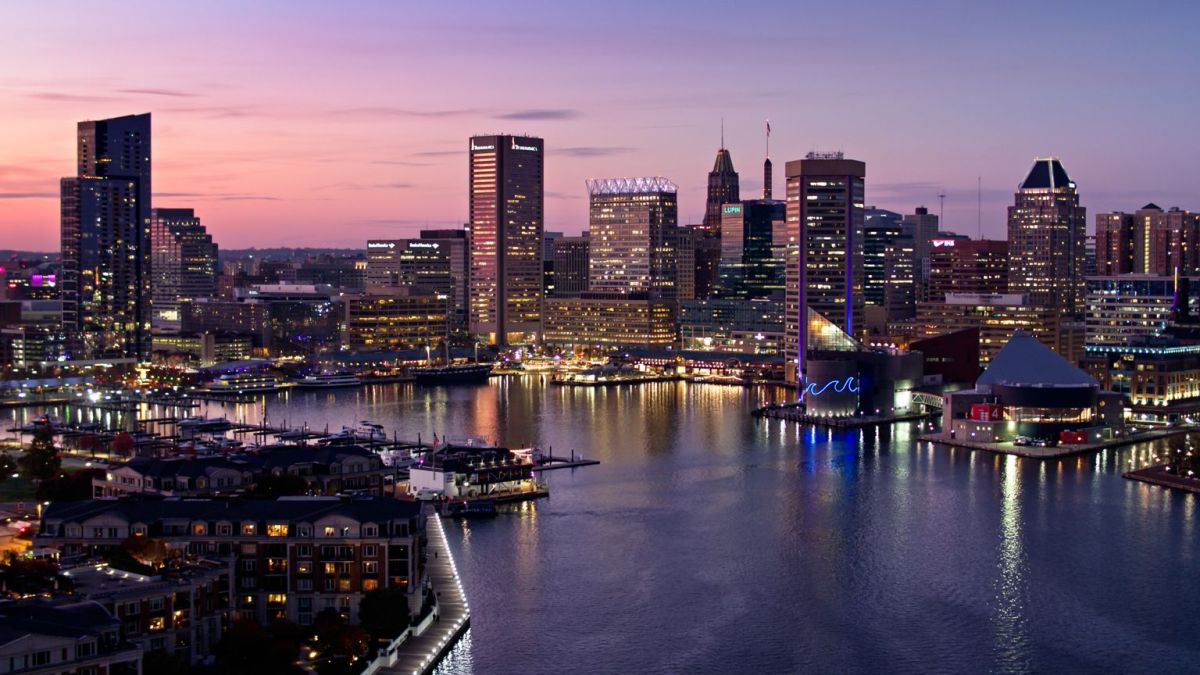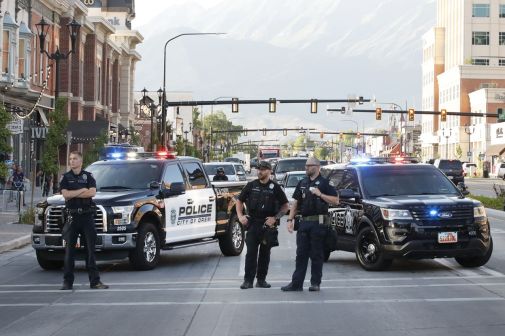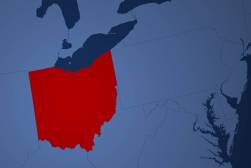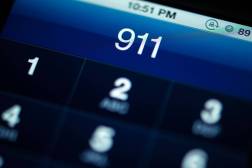Baltimore buys $6.5M next-generation 911 system

The Boston cloud services firm NWN Carousel on Monday announced that it’s secured a $6.5 million contract to provide the City of Baltimore with next-generation 911 capabilities.
The new system prepares the city for a future in which telecommunications companies can handle media, such as photos and videos, sent to emergency call centers. But city officials said they expect to gain other new capabilities before next-generation 911 is fully online, including AI-fueled language translation and mapping tools that can provide first responders with a more accurate picture of where callers are located.
Tenea Reddick, Baltimore’s 911 director, said she’s especially interested in exploring how artificial intelligence can be used to improve operations.
“I’m really interested in this AI,” Reddick said. “I want to see how well it does in 911, to help in many ways. With the translation, even fishing through non-emergency calls. When we get an influx of calls, they’re using AI to fish through them.”
Reddick said the city has a new automated system that uses caller location and other factors to guess what they may be calling about, then confirming with the caller. She said that could help the city, which fields roughly 1.3 million emergency calls each year, prioritize its more urgent calls.
And the ability to translate more than 140 languages on the fly, she said, is replacing a slow translation service that required a lot of back and forth with human translators.
“[The new service is] a matter of us speaking to them in English and it’s translating to them in their native language and vice versa,” Reddick said. “They speak to us and it translates via text message to us in English, which helps a lot because it cuts out that third-party language line that we’ve used for years — it can take 10 to 25 minutes on one call.”
Baltimore’s upgrade is funded by a $6.5 million state grant, a typical arrangement in absence of federal funding for next-generation 911 upgrades.
Reddick said next-generation 911 has been talked about for years in the public safety industry, but it’s only more recently that people have become comfortable with the idea of introducing more advanced technologies into 911 centers.
One such addition to Baltimore’s emergency response suite is what Reddick calls “911 in a box,” wheeled boxes each about the size of a suitcase used for remote call-taking that can be hooked into any secure internet connection, such as at one of the city’s 25 mobile command posts.
“It doesn’t matter if we’re home or if we want to bug out and go to the nearby fire station, police station or if we just want to go into a building where we have secure internet,” she said. “It gives us the ability to take calls wherever we are.”
And Reddick said that as attitudes about introducing new capabilities to 911 have changed, so has some of the terminology.
“We are no longer 911 dispatchers or 911 operators,” she said. “In the state of Maryland, we call them specialists because of the things that are required for them to do their job the right way. We are calling them specialists, because that’s what they are.”






